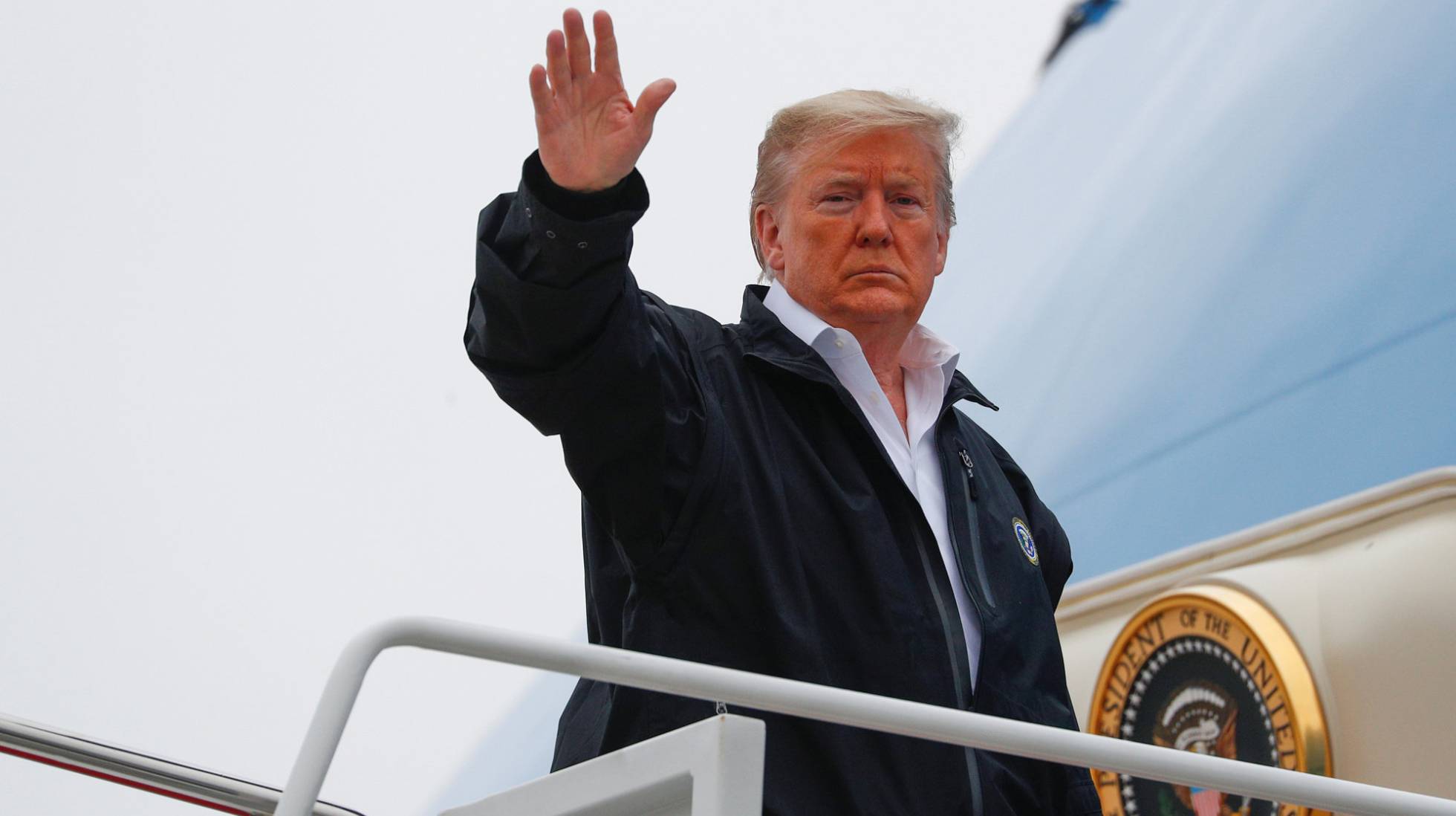America’s Peace Deal with Taliban: A Stable Afghanistan Is Still Far Off
(Japan) on 3 March 2020
by (link to original)
The pillars of the agreement are the complete withdrawal in stages of all foreign troops stationed in Afghanistan, including American troops, over 14 months, as well as the Taliban renouncing the activities of terrorist groups within the territory under their control.
The Taliban sheltered al-Qaida, the terrorist group responsible for the 2001 coordinated terrorist attacks, and at one point, the Taliban were mopped up by the U.S. Army. Yet the Taliban took advantage of turmoil, and again control widespread territory.
If terrorist activities are stopped, peace and order will return, and American troops will withdraw. This must be America’s expectation. But it is too soon to be optimistic.
America and the Taliban were the only parties involved in the accord. Whether the security situation stabilizes depends on the negotiations between the Taliban and the Afghan government that will start soon.
First, can the war be completely ended? Attacks against the Afghan security forces, which the American military supports, have not abated.
An American withdrawal would be a big achievement for the Taliban. Many prisoners will also be released. Questions remain about whether the agreement can be honored when the Taliban’s fighting strength increases.
The structure of a democratic political system is also a vexing issue. The Taliban have adopted limits on women’s rights and adopted repressive religious policies in the past.
The government is deeply divided over the confrontation between President Ashraf Ghani and Chief Executive Abdullah. Tortuous negotiations may be inevitable.
Why has Afghanistan’s turmoil dragged on for so long? Government corruption and an economic slump invite popular dissatisfaction, and it is undeniable that this is linked to the resurgence of terrorism.
America also bears heavy responsibility for launching large-scale military operations against the Taliban and failing. These operations take a heavy toll on civilians and increase anti-American sentiment.
There is suspicion that an American withdrawal will be used to boost President Donald Trump’s appeal ahead of the presidential election in November. He has talked about ending the longest war in American history for a while.
But the U.S. military is hardly leaving behind a stable Afghanistan. It is more like the U.S. is outsourcing stabilization duties while the terror threat remains. If the level of chaos intensifies, the danger to America may intensify as well.
Domestic efforts are indispensable for the realization of peace, but if international economic and humanitarian support is not forthcoming, revival is in doubt. America cannot escape this responsibility.


